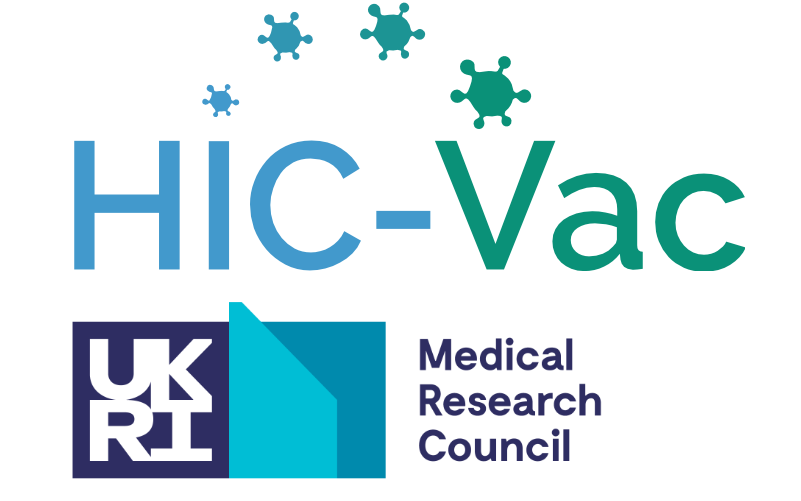Institute: Oxford University Clinical Research Unit, Vietnam
Building an international platform to develop ethical frameworks for the conduct of Controlled Human Infection Models in Low and Middle Income Countries
When researchers purposefully give healthy volunteers an infection, it’s called a controlled human infection model (CHIM). This type of research can be a safe and cost-effective way to provide new scientific insights and fast track the development of new drugs and vaccines.

Infections with the biggest global health impact generally cause the greatest burden in Low and Middle Income Countries (LMICs), where few CHIMs have been conducted to date. There are robust reasons for carrying out CHIM studies in locations where infections are naturally endemic, so it is desirable to support new studies in these settings.
One area that regulators, funders and scientists agree needs strengthening is the understanding of the ethical issues surrounding the conduct of CHIMs – particularly in LMICs.
One way to build understanding of the ethical issues in different settings is to work together to develop a widely applicable ethical framework that researchers, ethics committees, health policy makers and the public could use to inform thinking about proposals to carry out new CHIM studies. The framework must reflect a wide collaborative consultation process and the diverse nature of CHIMs – in particular their varied geographic, socio-economic and political settings, and the different infectious agents involved.
The Wellcome Africa and Asia Programmes (AAPs) are well-established high impact research institutions and core members of the Global Health Bioethics Network (GHBN). Over the next 5 years, CHIM studies involving different infectious agents are planned to take place across these strategically important sites.
We aim to build on existing local social science and ethics expertise within the AAPs and to draw upon previous experience to inform the development of an ethical framework for CHIMs. Existing relationships between these research sites offer an important opportunity for this project. In addition to supporting health and public stakeholder discussions in each site, research outputs will be broadly disseminated through successful existing networks such as the GHBN and HIC-Vac, and made available on an open access website, The Global Health Network.

